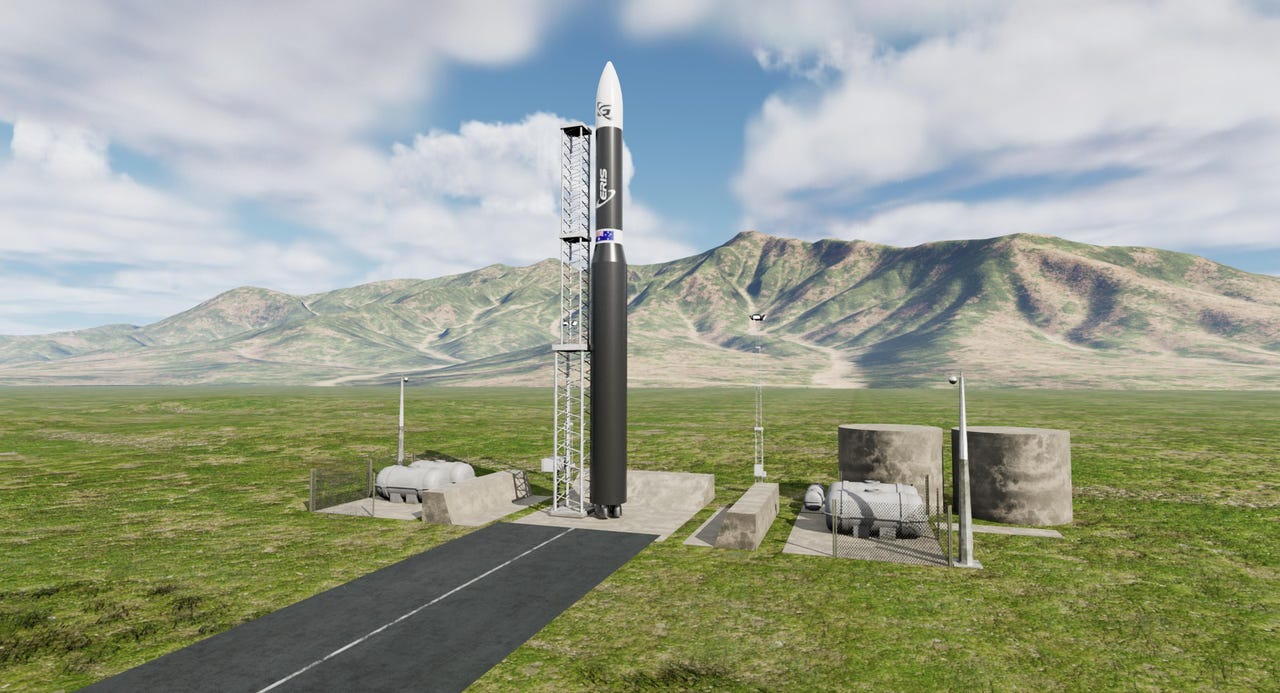Queensland approves new small rocket launch site at Abbot Point


A render of the newly-approved small rocket launch site at Abbot Point.
The Queensland government has given the green light for a small rocket launch pad to be built at the Abbot Point State Development Area.
To be based in the Whitsunday region, the new rocket launch pad will be built by Gilmour Space Technologies, a Queensland-based rocket company that is developing lower-cost rockets to launch small satellites into low-Earth Orbits (LEO).
According to Gilmour Space co-founder and head of launch operations James Gilmour, the new launch site will provide a range of valuable orbits, inclinations, and altitudes that are required for LEO launches.
The announcement follows a technical and environmental study commissioned on Abbot Point last year, which concluded that the site was suitable for small-scale launch vehicles.
"Growing our space industry in Queensland will add billions to the economy and create thousands of local jobs. That's why we are committed the development of launch infrastructure," Deputy Premier and State Development Steven Miles said.
"Our easterly facing position, proximity to the equator, and our leading launch and propulsion companies make Queensland the perfect place to invest in space."
Since 2018, the Queensland government has been working towards establishing a space industry in the state. The efforts started with the launch of the Queensland Aerospace 10-Year Roadmap and Action Plan [PDF] and the release of a report from the State Development, Natural Resources and Agricultural Industry Development Committee into job creation opportunities in the space industry.
Around Australia, carriers such as Vocus are keen to see LEO satellites get into the sky, due to the ability for LEO satellites to serve remote areas.
"These low latencies are dependent on the deployment of extensive ground infrastructure with high-capacity fibre backhaul, so processing and storage can occur as close to the edge of the network as possible. This means having ground stations in regional areas close to where the end-users are located, to minimise round-trip time," Vocus general manager for government and strategic projects Michael Ackland said.
"By now you should be starting to see why a fibre company is taking such a strong interest in LEO satellites."
Optus is also in the pro-satellite camp due to it running its own fleet, having previously said it believes satellite connectivity would offer the greatest value for government whilst providing the broadest and most reliable form of network coverage to consumers.
Related Coverage
- Gilmour Space and Fleet Space to lift small satellites into orbit in 2023
- Boeing wants to see a G20 approach to growing Australia's space sector
- CSIRO's phased array technology to underpin Quasar's 'as-a-service' space solution
- Defence signs space satellite deal with Gilmour Space Technologies
- SpaceX to put Starlink ground stations in Google data centres
- SpaceX could serve Australian external islands with satellite broadband by 2022
- SpaceX Starlink picks up Australian 5G mmWave spectrum